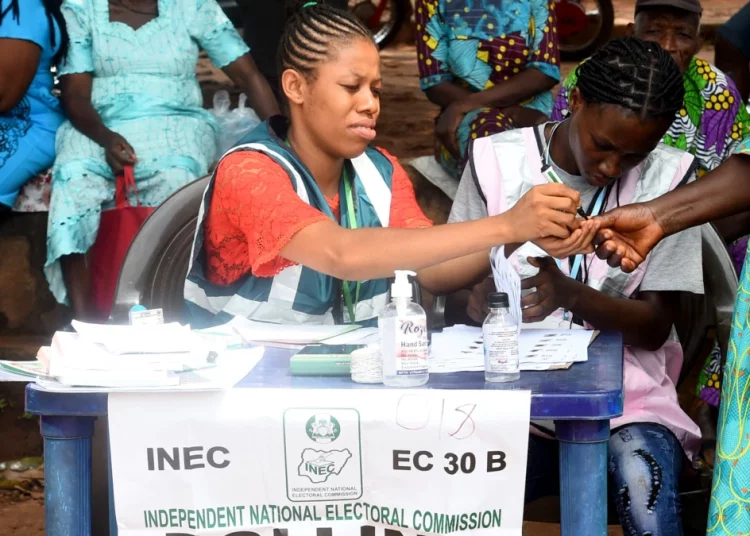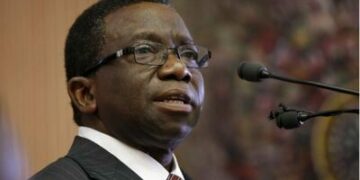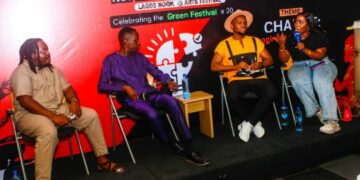The International Press Centre (IPC), the lead partner of component 4 (Support to media) of the European Union Support to Democratic Governance in Nigeria-Phase II (EUSDGN II) project has concluded plans to train about 140 female journalists on election reporting.
The centre unveiled a four-series specialised skill-enhancing session to equip female journalists to report public interest issues around the 2023 electoral process from a deepened gender perspective, while using data skills and investigative methods to challenge stereotypical reporting of the electoral process.
Organised in partnership with the Nigeria Association of Women Journalists (NAWOJ), the first leg of the training was held in Port-Harcourt, Rivers State with 32 female journalists in attendance, predominantly from the southern part of the country, while the second training which is expected to be attended by 35 female journalists selected from the northern part of the country, will be held in Abuja on November 21.
According to the executive director IPC, Mr Larne Arogundade, “within the framework of supporting the media by improving the gender stereotyped representations of women’s political participation, the skill-enhancing session for the journalists is imperative to re-direct and prospect opportunities for new impactful and professional reporting of the electoral process while empowering female journalists as agents of change”.
The deputy editor Africa-Check, Nigeria, Mrs Motunrayo Joel; Dr Titi Osuagwu from the University of Port-Harcourt and the founder of Journalism Clinic, Taiwo Obe, facilitated the first training in Port-Harcourt.
It was gathered that the CEO, International Society of Media in Public Health, Mrs Moji Makanjuola; editor of Africa-Check, Nigeria, David Ajikobi and the founder, Journalism Clinic, Taiwo Obe, will facilitate the upcoming training in Abuja.
IPC plans to train and mentor a total of 140 female journalists drawn from the print, online and broadcast media during the pre and post-election cycles.





